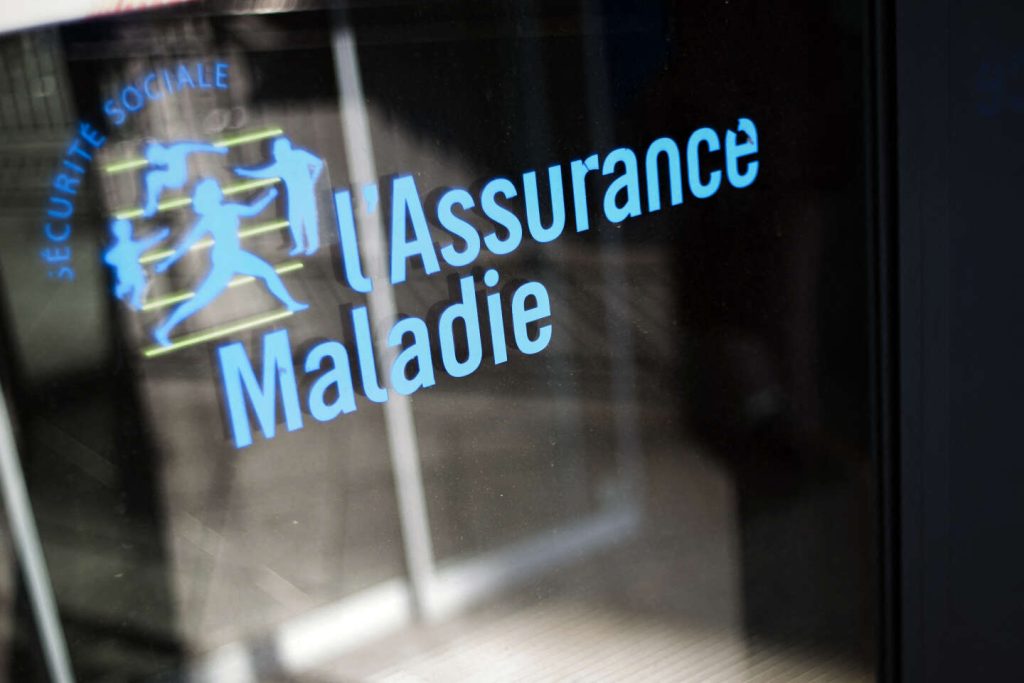Starting on May 15, the participation fee for medical consultations in France will double to two euros, as announced by the Health Insurance. This decision was made in response to the worsening financial situation of the Social Security system. Earlier in March, the “medical franchise” was also doubled, with patients now having to pay one euro out of pocket for each box of medication or paramedical act, and four euros for medical transportation instead of two.
The increase in the participation fee aims to save up to 800 million euros annually for the Social Security system. Initially scheduled for June, the implementation date was moved up to May 15 according to the Health Insurance, in a move to help improve the financial stability of the system. The new fee will be applicable to medical consultations, radiology and biology exams, with a maximum of four euros per day for medical acts and eight euros for medical transportation if multiple services are received on the same day.
To prevent those with higher healthcare needs from being burdened, annual caps for both the franchise fees and participation fees will remain at 50 euros each. Additionally, the new fees will not apply to minors, women on maternity leave, and beneficiaries of the complementary health insurance scheme, C2S, who have low incomes. These measures are part of the government’s efforts to reduce healthcare spending and ensure sustainability of the Social Security system.
This increase in out-of-pocket costs for patients is part of a series of measures introduced by the government to address the financial challenges facing the Social Security system. By making patients contribute more towards their healthcare expenses, the aim is to reduce the burden on the system and ensure its long-term viability. These changes will impact the way healthcare services are accessed and paid for in France, and are expected to generate significant savings for the Social Security system.
While the decision to double the participation fee for medical consultations may lead to increased financial responsibility for patients, the government has taken steps to protect vulnerable populations from the additional costs. By maintaining annual caps on fees and exempting certain groups from the new charges, the aim is to ensure that those who need the most care are not disproportionately affected. These changes will be closely monitored to assess their impact on healthcare accessibility and affordability for all patients.


